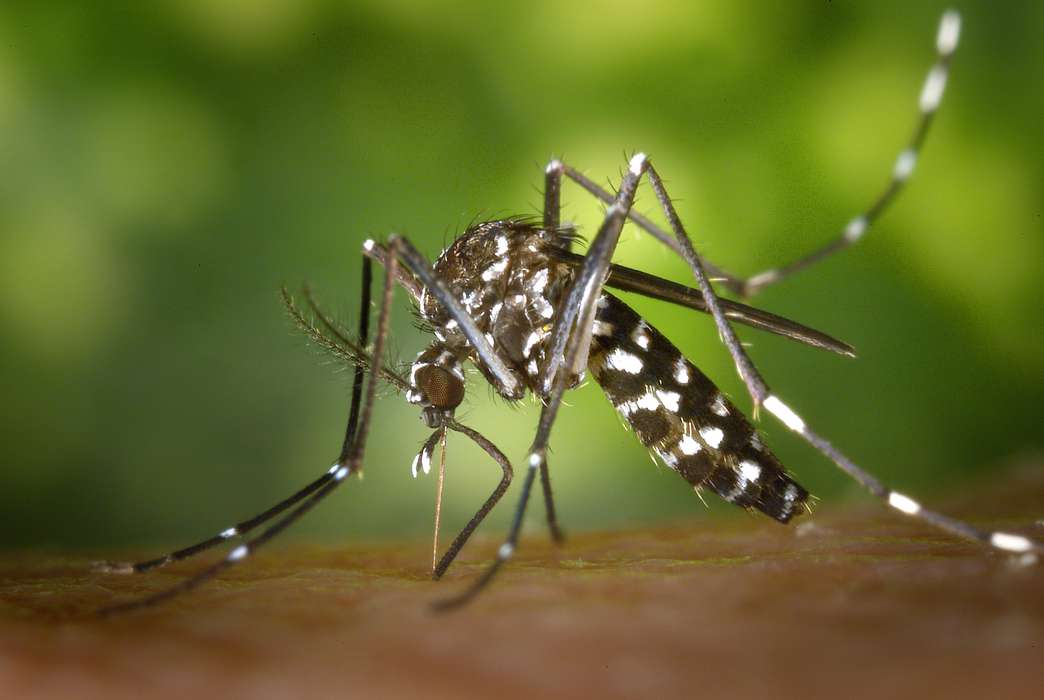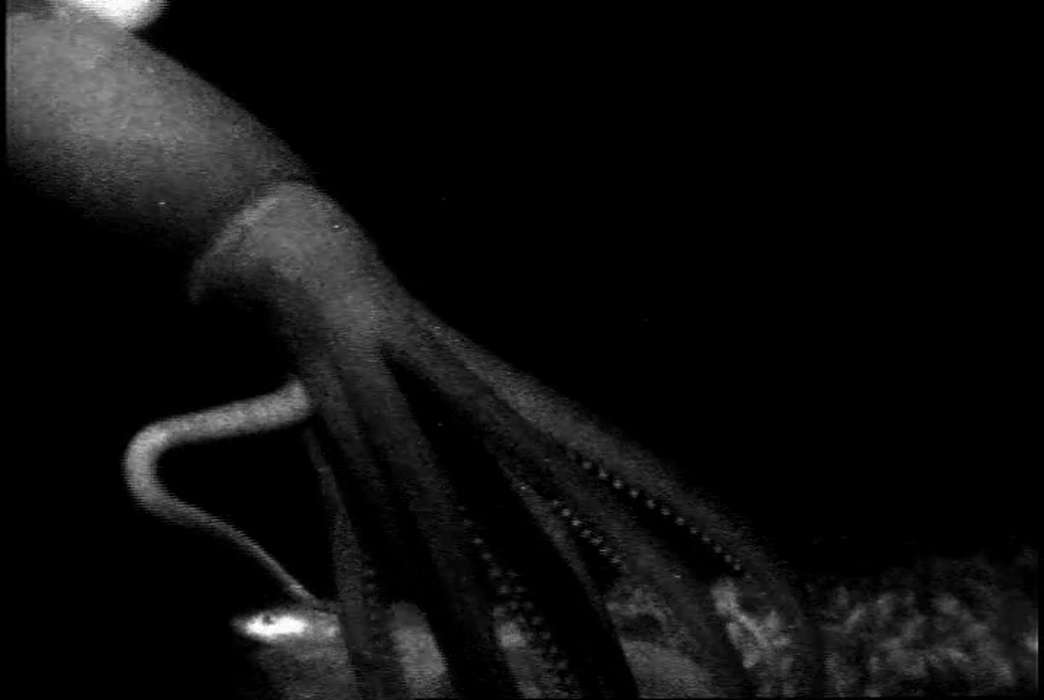
Howard Hardee
Reporter, Mind & Behavior and Technology
Howard Hardee, based in Madison, Wisconsin, covers Technology and Mind & Behavior for The Academic Times. Previously, Howard covered mis- and disinformation as an election integrity reporter at the Wisconsin Center for Investigative Journalism and as a local news fellow for First Draft, a global fact-checking organization. An award-winning reporter with a decade of experience, he holds a bachelor's degree in journalism from the University of Alaska-Fairbanks and in 2017 was honored as an environmental reportage fellow at the Banff Centre for Arts and Creativity in Alberta, Canada.
Neurological learning learning mechanisms shared by humans and other mammals may also be used in the brains of fruit flies, hinting at an elusive link between insect and mammalian learning.
Scientists have shed new light on why our brains developed differently from those of other primates and given rise to human culture, language and tool use, discovering that the cerebellum may have played a greater role in the evolution of the human brain than previously thought.
Air pollution could impact the cognitive function of older men more than previously thought — even from short-term exposure and at concentrations below World Health Organization guidelines for what's considered safe to breathe, a new study suggests.

 Scientists have devised a more objective way of measuring itch with a wearable sensing technology that tracks how often people scratch themselves and accurately distinguishes real scratching from similar motions, potentially giving physicians better information to help patients with eczema and other itch-related conditions find relief.
Scientists have devised a more objective way of measuring itch with a wearable sensing technology that tracks how often people scratch themselves and accurately distinguishes real scratching from similar motions, potentially giving physicians better information to help patients with eczema and other itch-related conditions find relief.
 Projecting targeted sound into the airspace surrounding buildings, communication towers and wind turbines could give birds a heads-up before they fatally strike such obstacles, researchers say.
Projecting targeted sound into the airspace surrounding buildings, communication towers and wind turbines could give birds a heads-up before they fatally strike such obstacles, researchers say.
 Using robotics and brain imaging, researchers have discovered an abnormality in the brains of patients with Parkinson's disease that may explain why some experience "presence hallucinations," sensing the shadowy presence of another person when nobody is there.
Using robotics and brain imaging, researchers have discovered an abnormality in the brains of patients with Parkinson's disease that may explain why some experience "presence hallucinations," sensing the shadowy presence of another person when nobody is there.
 Only recently have scientists shown us video evidence of the giant squid in its deep sea habitat, and both of the landmark recordings were captured with a stealthy undersea camera that researchers say could be adapted to get a better view of the iconic creature.
Only recently have scientists shown us video evidence of the giant squid in its deep sea habitat, and both of the landmark recordings were captured with a stealthy undersea camera that researchers say could be adapted to get a better view of the iconic creature.
 Neuroscientists have long debated whether our prefrontal cortex takes longer to develop than it does in other primates — and if this extended period gives us exceptional cognitive abilities — but new research suggests that human brain circuitry matures much like that of chimpanzees and macaques.
Neuroscientists have long debated whether our prefrontal cortex takes longer to develop than it does in other primates — and if this extended period gives us exceptional cognitive abilities — but new research suggests that human brain circuitry matures much like that of chimpanzees and macaques.
 Researchers at the University of Iowa have invented a way to autonomously detect on-camera violence that could someday flag or even prevent the abuse of seniors and other vulnerable people.
Researchers at the University of Iowa have invented a way to autonomously detect on-camera violence that could someday flag or even prevent the abuse of seniors and other vulnerable people.
 Support offered on Facebook, Twitter or other social media platforms does not provide the same mental health protections as real-life support from friends and family, according to a new paper that surveyed college students to examine the connections between problematic social media use, mental health challenges and the safety net of relationships.
Support offered on Facebook, Twitter or other social media platforms does not provide the same mental health protections as real-life support from friends and family, according to a new paper that surveyed college students to examine the connections between problematic social media use, mental health challenges and the safety net of relationships.
 Most people don't have the time or expertise to check whether everything they see online is true. But a new method of detecting fake news could someday help users, news publications and government agencies shut down the falsehoods that flood our social media feeds.
Most people don't have the time or expertise to check whether everything they see online is true. But a new method of detecting fake news could someday help users, news publications and government agencies shut down the falsehoods that flood our social media feeds.
 In our increasingly digital world, algorithms attempt to exploit our biases and other mental shortcuts to distort our decision-making — and now, a new series of experiments suggests that we are highly suggestible when it comes to dating and electing leaders.
In our increasingly digital world, algorithms attempt to exploit our biases and other mental shortcuts to distort our decision-making — and now, a new series of experiments suggests that we are highly suggestible when it comes to dating and electing leaders.